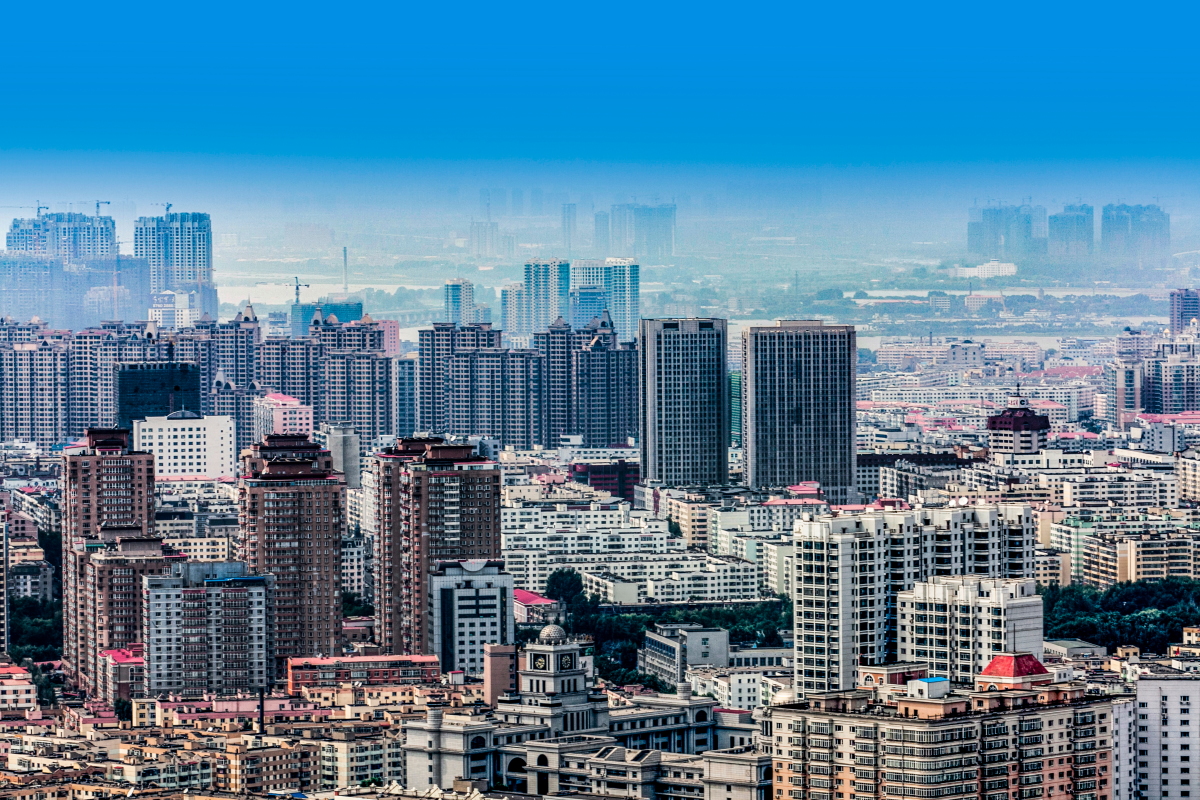China’s real estate market has been plagued by a liquidity crisis in recent months. Projects have been halted and bond defaults have increased, as Beijing stepped up risk controls efforts and curbed developers’ borrowing ability to decrease high debt levels. However, policymakers have recently pledged to increase efforts to boost house sales, prevent systemic concerns and stabilise the industry.
China moves for much-anticipated reforms
China wants to provide 2.4 million units of cheap rental housing in 2022, said Wang Menghui, head of the Ministry of Housing and Urban-Rural Development. According to Wang, “China’s genuine demand for housing is relatively strong.”
As per Chinese Premier Li Keqiang, “the government will support the commercial housing market to better meet homebuyers’ legitimate needs and implement city-specific policies to promote the healthy development of the property sector.”
The Chinese government has outlined plans to ensure that housing prices remain stable and announced setting up a financial stability fund at its annual National People’s Congress (NPC) held earlier this month.
As the economy suffers from a property market slump and Covid-related curbs, China’s central bank has also reinforced its monetary easing stance. Additionally, in late February, the People’s Bank of China injected a net $45.8 bn into the financial system via seven-day reverse repurchase agreements, to keep liquidity stable.
Housing policy shift: Experts want China to do more
Experts are concerned that these policy moves for China real estate market are still ambiguous and need to be backed up by concrete measures.
“While we find China’s monetary and fiscal policy shift promising, more supportive measures in our view are still needed to stabilize and drive a recovery in the beleaguered property sector,” said Hayden Briscoe, UBS Asset Management‘s Head of Fixed Income for Global Emerging Markets and the Asia Pacific.
“Recent marginal fine-tunes are not game-changers,” according to a recent report by investment bank Citi, which adds, “The best to expect for now is targeted downside protection for a few company names through coordination with local government and financial institutions.”
Fitch Ratings forecasts China to grow at only 4.8% this year, much below the official target of 5.5%, owing to risks to the near-term consumer outlook from Covid-19 limitations and a poor housing market. The real estate market accounts for over a quarter of China’s GDP. It, however, expects further interest rate and reserve requirement ratio (RRR) cuts and significant fiscal easing from the central bank.
In terms of People’s Bank of China’s (PBOC) liquidity boost, Fitch said it would be “premature to factor in the extent of a liquidity boost for developers, in the absence of clarity over the use of proceeds from presales.”
China’s real estate market not out of the woods yet
The government measures to ease the pressure on the real estate market has aided the recovery in beaten-up shares of China’s property developer companies. Following the announcement, Hang Seng Mainland Properties Index has risen by 30%, as of March 22. However, key financial records and real estate statistics paint a different picture, indicating that the Chinese real estate market is still cooling.
In the first two months of 2022, China’s average new-home prices rose by 1.7% and 1.2% respectively. However, during the same period, new home prices fell in 70 Chinese cities by 0.13% and 0.04%, respectively.
“The rapid decline in housing prices finally decelerated in January after being in negative territory for months, but the average 70-city property prices have not looked up,” said UBS’ Briscoe.
Furthermore, home sales demand is yet to recover in China. The first two months of 2022 saw a 43% decline in home sales among the 100 largest developers.
Credit rating agency Fitch Ratings estimated that Chinese developers’ funding inflows from down payments and mortgages fell 24% in February from a year.
“Rising Covid-19 cases recently cast a cloud on the recovery of property sales, and, in turn, developers’ internal funding. Recovery in internal funding is essential for external funding to pick up.”
As per Moody’s analysts, many beleaguered developers still need to service around $32 bn of offshore bonds coming due later this year.
Moody’s analyst Kaven Tsang said, “Developers will continue to face constraints in funding access, increasing their default risks, especially for those that have large offshore debt exposure with limited liquidity buffers.”
According to Tsang, top-tier cities were experiencing some price recovery, but the lower-tier cities were likely to see further declines. Moreover, construction stats had not picked up, partly hampered by local Omicron resurgences.
Major Chinese developers reported this week that they are either unable to release their financial results on time or have failed to schedule board meetings.
Among them, the most significant case was for Evergrande, one of China’s largest developers with $300 bn in liabilities, that said it will not be able to publish results by the end of March for the year ended December 31, 2021, due to “drastic changes in its operational environment since the second half of 2021” and the “effect created by the Covid-19 outbreak”. Meanwhile, the firm’s auditor said “a large number of additional audit procedures” are happening this year.
What further sparked concern was the announcement of the change in auditors before the results, by developers like Aoyuan, Shanghai Shimao, Ronshine and Hopson.
“When developers change auditors ahead of their full-year results season, it typically raises red flags regarding potential auditing issues and should lead to serious market concerns about the trustworthiness of their financial numbers,” Japanese bank Nomura said in a recent note.


 Australia
Australia China
China India
India Indonesia
Indonesia Japan
Japan Malaysia
Malaysia Philippines
Philippines Singapore
Singapore South Korea
South Korea Taiwan
Taiwan Thailand
Thailand Vietnam
Vietnam







